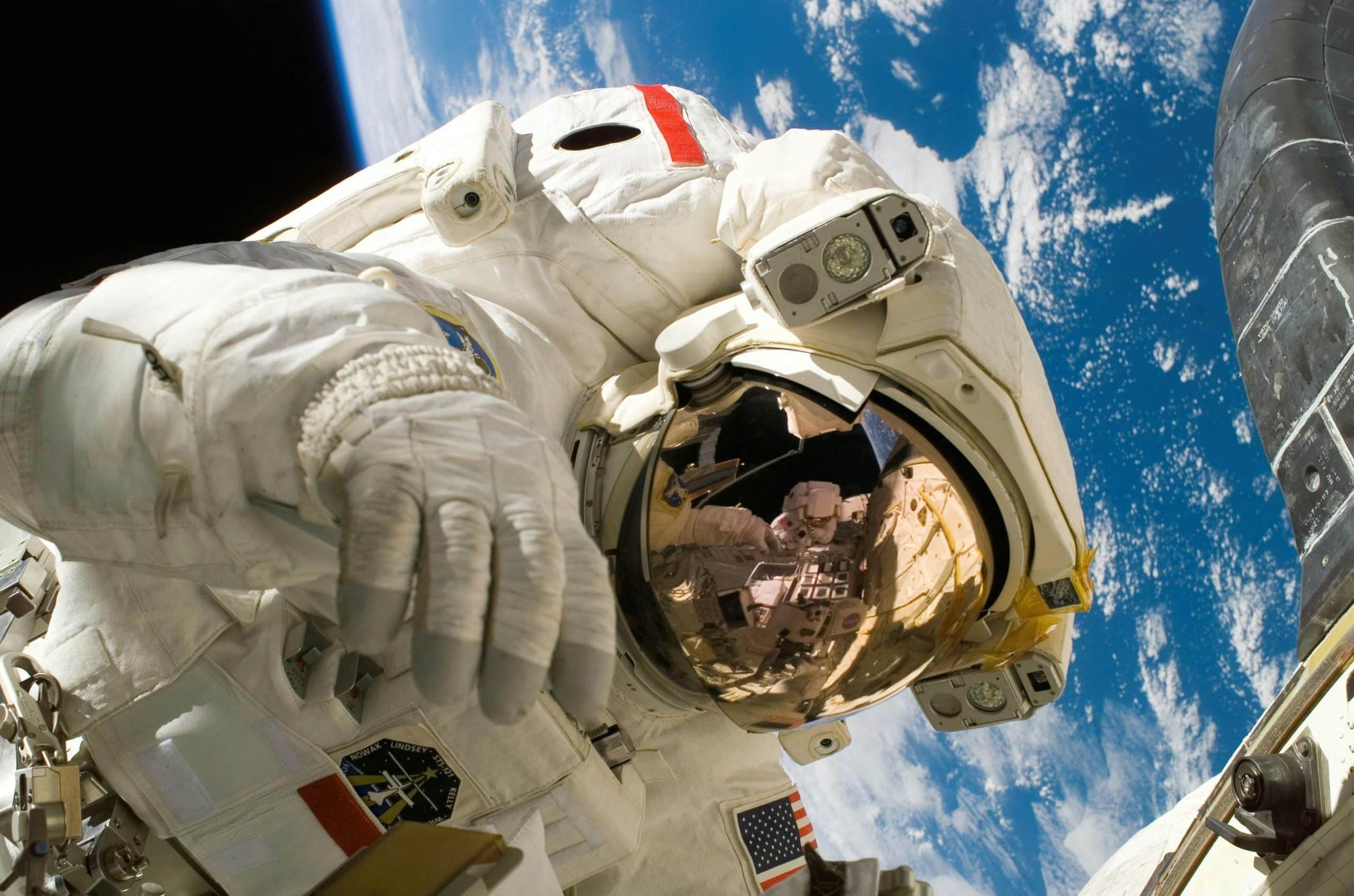Over the years, humanity’s thirst for knowledge and adventure has led us to venture into the vast expanse of space. This journey is not without its perils. Astronauts are exposed to unique environments and conditions that can have profound effects on their health. At the same time, space exploration offers opportunities for scientific discoveries and advancements in various fields, including medicine and human health. Understanding the health risks and benefits of extended spaceflights is essential for the safety and success of current and future space missions.
The Impact of Space Environment on Astronauts’ Health
The space, unlike Earth, is a harsh and unforgiving environment. It is marked by microgravity, exposure to harmful radiation, and dramatic changes in temperature and atmospheric pressure. These conditions pose significant health risks for astronauts on extended spaceflights.
A découvrir également : How Do Social Support Networks Improve Outcomes for Cancer Patients Undergoing Chemotherapy?
Microgravity and its Effects on the Human Body
Microgravity, or the state of apparent weightlessness in space, has a profound impact on the human body. With prolonged exposure to microgravity, astronauts may experience a multitude of health changes.
One of the most notable effects is the loss of bone density. In a weightless environment, the body’s bones, unburdened by the need to support weight, start to lose their mass. Astronauts can lose up to 1-2% of their bone mass for each month they spend in space, leading to conditions similar to osteoporosis on Earth.
A lire en complément : Can Optimizing Vitamin K2 Intake Improve Bone Health and Reduce Fracture Risk?
Microgravity also triggers significant changes in the body’s muscle mass and cardiovascular system. Without gravity to work against, muscles can quickly weaken and shrink, especially the ones used for standing and moving around on Earth. The cardiovascular system, too, can undergo alterations as the heart doesn’t need to pump as hard in a weightless environment.
Space Radiation and its Potential Risks
Space radiation is another critical health risk for astronauts. Unlike Earth, where the atmosphere and magnetic field protect us from harmful cosmic rays, in space, astronauts are directly exposed to this radiation.
Space radiation can cause damage to the body’s cells, potentially leading to serious health effects such as cancer. It can also impact the central nervous system, causing changes in cognitive function, motor skills and behavior.
How NASA Mitigates the Health Risks of Spaceflight
Understanding the health risks of space travel is just the first step. NASA and other space agencies actively work towards minimizing and mitigating these risks to ensure astronaut safety during long-term missions.
Training and Preparation for Spaceflight
Preparation is key in mitigating the effects of spaceflight on astronauts’ health. Rigorous training programs are designed to help astronauts acclimate to the challenges they’ll face in space. Exercise routines are developed to maintain muscle mass and bone density in a microgravity environment. Astronauts also undergo extensive medical checks to identify any potential health issues that might be exacerbated by the conditions in space.
Onboard Measures
Onboard the spacecraft, NASA has implemented measures to protect astronauts from the harsh space environment. For instance, areas with reduced radiation exposure have been designated as sleeping quarters to minimize astronauts’ overall radiation risk.
Physical exercise is also a crucial part of the astronauts’ daily routines. Not only does it help combat the effects of microgravity, but it also aids in stress management and the maintenance of mental health.
Post-Flight Rehabilitation
Upon return to Earth, astronauts undergo a comprehensive rehabilitation program. This is designed to help them readapt to the Earth’s gravity and recover from the physiological changes they’ve experienced in space.
The Potential Benefits for Human Health
While spaceflight poses significant risks, it also holds the potential for incredible benefits for human health. Space medicine, a field dedicated to understanding the health effects of spaceflight, offers unique insights that can be applied to healthcare on Earth.
Advancements in Bone Health
The bone loss experienced by astronauts in space has led researchers to examine the mechanisms behind it. These findings, in turn, may help develop better treatments for osteoporosis and other bone-related health issues on Earth.
Understanding Aging and Muscle Atrophy
The muscle atrophy astronauts experience due to microgravity mirrors the muscle weakening seen in aging and certain diseases on Earth. By examining these changes, researchers can better understand the aging process and develop effective interventions.
Innovations in Medical Technologies
Space missions have driven the creation of numerous medical technologies that have found applications on Earth. Whether it’s the development of portable medical devices or advancements in telemedicine, the benefits of space exploration extend far beyond the stars.
In conclusion, the journey into space is fraught with risks and challenges. However, with careful preparation, mitigation strategies, and a deep understanding of the effects of the space environment on the human body, we can ensure the safety of astronauts on extended spaceflights. Moreover, the benefits that arise from these missions, in the form of advancements in medicine and healthcare, make the journey worth the risks.
The Psychological Effects of Extended Spaceflights
The psychological well-being of astronauts is a critical factor that significantly influences their overall health during long-term space missions. The isolated, confined, and extreme (ICE) environments of space can take a toll on the astronauts’ mental health, leading to a range of psychological issues.
The Emotional and Behavioral Impact
The extended duration of space missions can induce feelings of isolation and confinement among astronauts. They are away from their families, with limited contact, and the space station becomes their entire world for the mission’s duration. These conditions can lead to emotional issues such as anxiety, depression, and a condition known as the "third-quarter phenomenon," where astronauts experience a decrease in mood and morale around the midpoint of their mission.
Additionally, the constant proximity with other crew members can lead to interpersonal conflicts, which can affect the crew’s collective emotional well-being and mission performance. Moreover, the long-term exposure to a high-risk environment can lead to increased stress levels, affecting astronauts’ decision-making abilities and cognitive functions.
Mental Health Support Measures
To address these concerns, space agencies like NASA have implemented various measures to support astronaut mental health. Pre-flight training includes psychological preparation to help astronauts develop coping mechanisms and resilience strategies. Onboard, astronauts have access to resources for leisure, relaxation, and maintaining connections with their families and the world, which can help alleviate feelings of isolation and confinement. Post-flight, astronauts receive psycho-social support to help them readjust to life on Earth.
The Future of Extended Spaceflights and Astronaut Health
As space agencies across the world gear up for more ambitious space missions, including manned missions to Mars, understanding and managing the health risks of extended spaceflights have never been more paramount.
The Role of Research and Technology
Scientific research plays a crucial role in this endeavor. Ongoing and future studies on the impact of space environment on astronaut health will continue to shed light on the physiological and psychological challenges that astronauts face. With advancements in technology, it’s anticipated that new solutions will be developed to mitigate these risks. For instance, space medicine technologies may evolve to monitor astronaut health in real time and deliver remote medical care.
The Way Forward
Long-term space travel is a challenging yet necessary step towards humanity’s quest for interplanetary exploration. While the health risks associated with space travel are significant, they are not insurmountable. With continuous research, technological advancements, and comprehensive training and support mechanisms, the safety and well-being of astronauts on extended spaceflights can be ensured.
Conclusion
Space exploration has always stirred a sense of wonder and curiosity. But as we push the boundaries of human space travel, it’s essential to understand the associated health risks and benefits. The harsh conditions of space can exert a significant toll on astronauts’ physical and mental health. However, with rigorous preparation, advanced technology, and systematic mitigation strategies, we can ensure the safety of astronauts during their journeys.
Moreover, extended spaceflights offer the unique opportunity to advance our understanding of the human body and health. Whether it’s unraveling the mechanisms behind bone loss and muscle atrophy or driving innovation in medical technologies, the benefits of space exploration reach far beyond the realms of space. It serves as a reminder that every giant leap for mankind in space is also a step forward in improving human health here on Earth.





